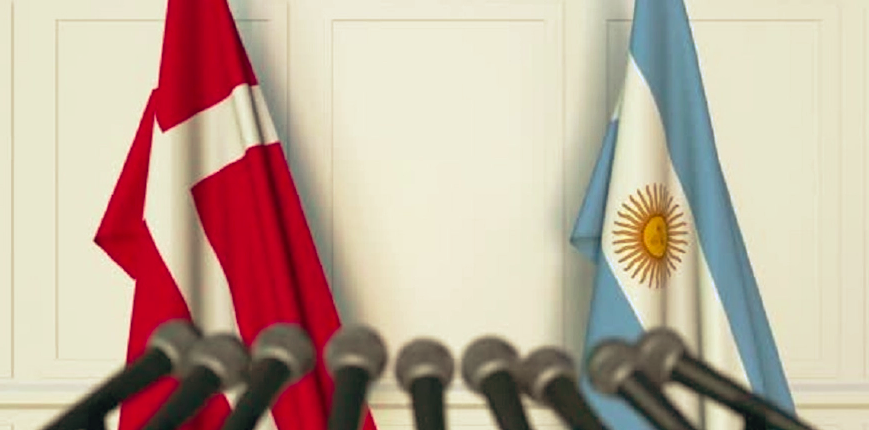RIO DE JANEIRO, BRAZIL – This Friday, August 27, the Danish government announced that it would close its embassy in Argentina as part of a “restructuring” of its foreign service, which will prioritize delegations in other nations.
Read also: Check out our coverage on Argentina
The decision was publicly announced by the Minister of Foreign Affairs, Jeppe Kofod, as a reaction to the situation in Afghanistan, which forced the authorities to prioritize “the safety and security of the Danish people in a world where democracy, human rights, and values are under increasing pressure”.

“The restructuring means, among other things, that our missions in the EU, NATO, the UN, the Arctic, Africa, as well as with respect to our export initiatives, will be further strengthened. In total, 16 missions and 9 departments at the Foreign Ministry’s headquarters in Copenhagen will be strengthened,” a press release specified.
The embassy in Tanzania will also be closed, along with the Consulate General in Chongqing (China) and the trade mission in Barcelona (Spain). In addition, a series of efficiency measures will be carried out, for example, in the areas of energy, procurement, and property, it was announced.
“My priority as Minister of Foreign Affairs is to ensure the safety and security of the Danish people in a world where democracy, human rights, and our values are under increasing pressure. This reorganization is to help us target the efforts we make, both here at home and around the world so that we can make the biggest possible difference,” Minister Kofod said.
“The serious development in Afghanistan over the past two weeks calls for reflection, and we need time to digest and analyze this in cooperation with the Danish Parliament. After that process, the government will at a later stage present a new foreign and security policy strategy,” he added.

